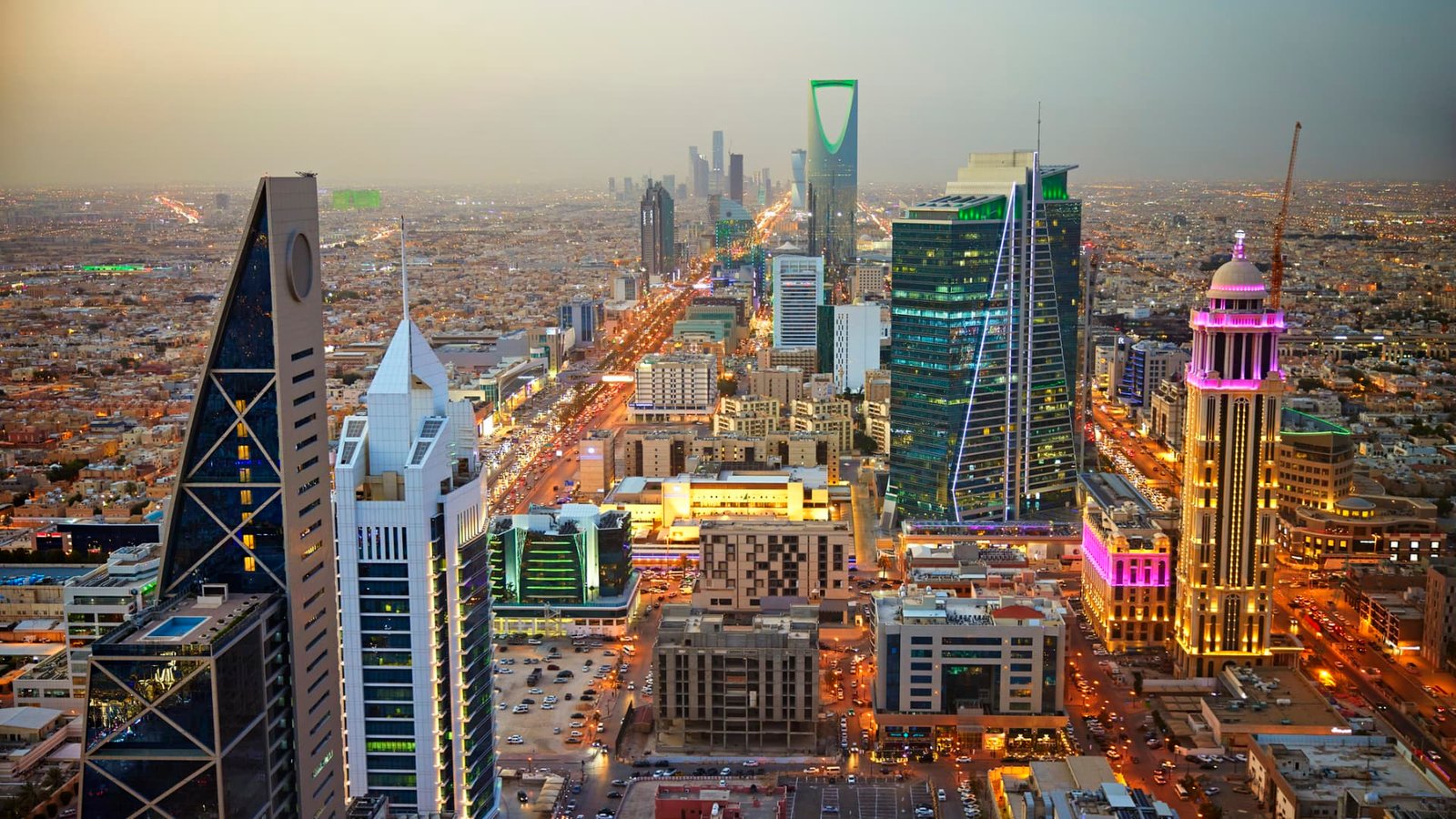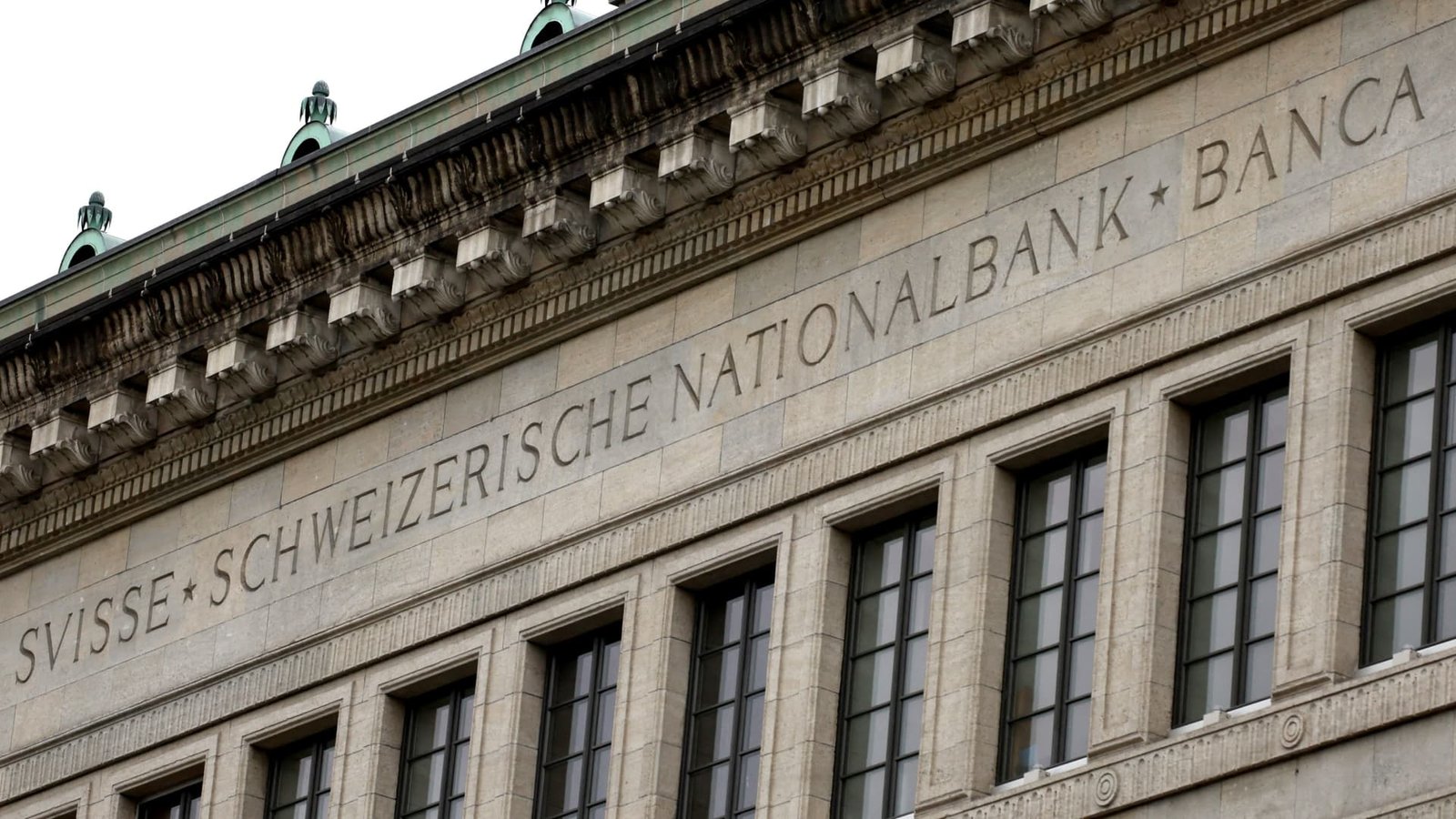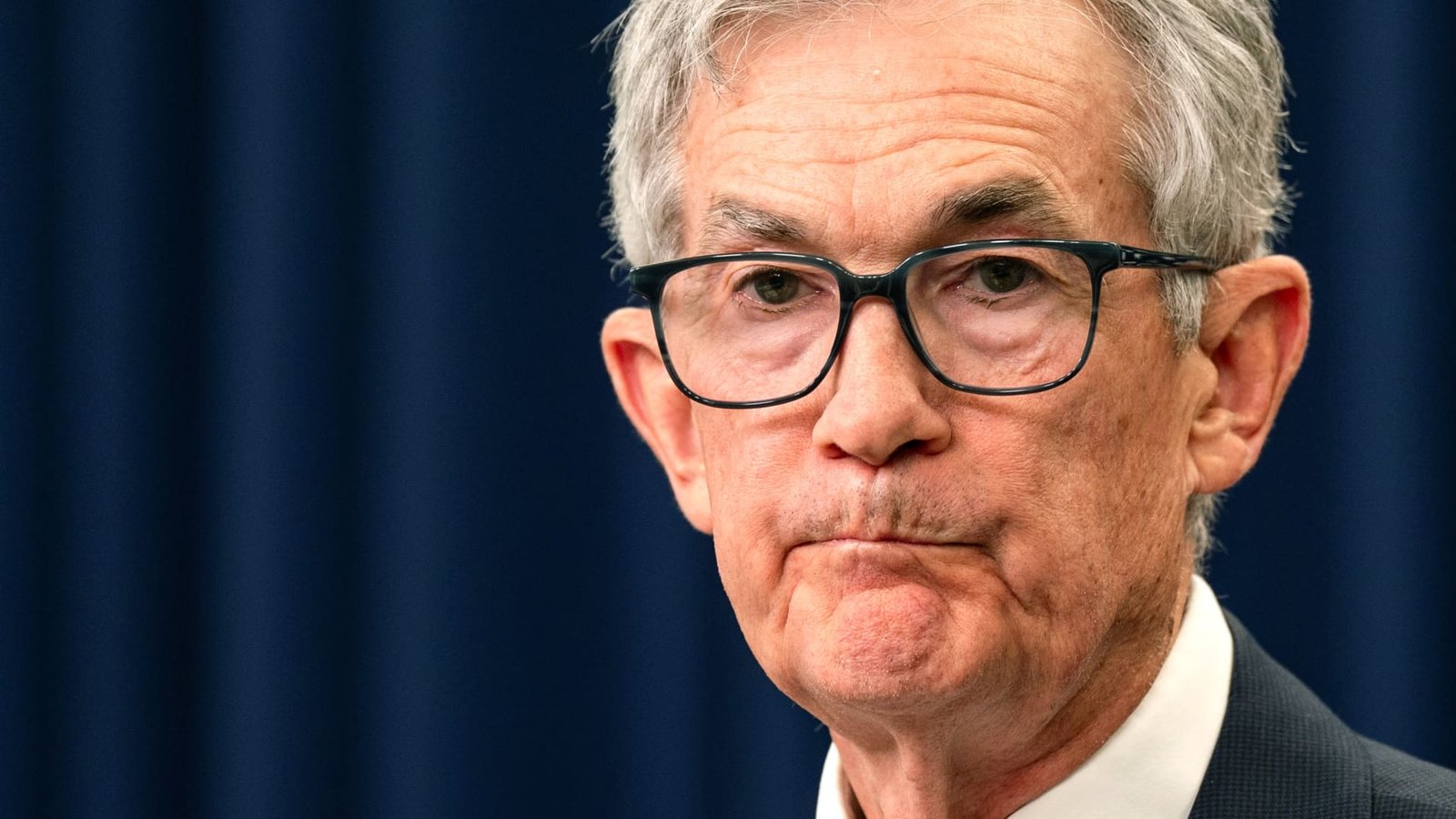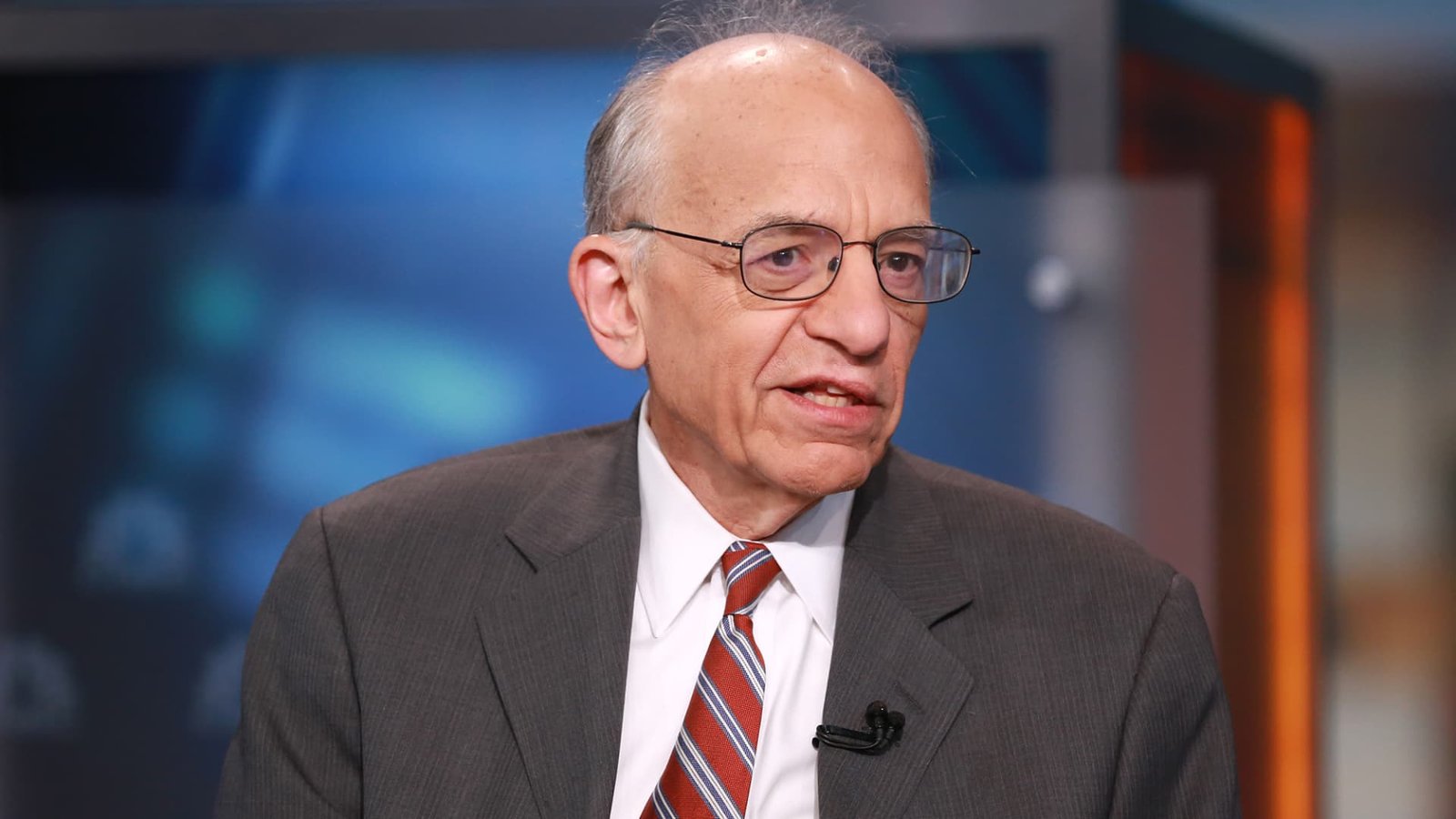Saudi Arabia is intensifying its focus on domestic investment, leading to increased requirements for foreigners seeking to invest capital outside the kingdom. The country’s Public Investment Fund, a $925 billion sovereign wealth fund, experienced a 29% rise in assets to 2.87 trillion Saudi riyals ($765.2 billion) in 2023, as per its recently published annual report. Local investment played a significant role in this growth.
The fund’s investments in domestic infrastructure and real estate development surged by 15% to 233 billion riyals, while foreign investments rose by 14% to 586 billion riyals. Concurrently, Saudi Arabia implemented laws and reforms to encourage and sometimes mandate investments within the country as part of its Vision 2030 plan to diversify the economy away from oil dependence.
According to Tarik Solomon, chairman emeritus at the American Chamber of Commerce in Saudi Arabia, the shift in focus from external to domestic investments signifies a move away from viewing Saudi Arabia solely as a financial reserve. He emphasized the importance of partnerships based on trust and long-term vision, where stakeholders contribute capital meaningfully rather than solely seeking profits.
One notable development is the implementation of the kingdom’s headquarters law, effective from January 1, 2024, requiring foreign companies operating in the Gulf to establish their Middle Eastern headquarters in Riyadh to secure contracts with the Saudi government. Additionally, Saudi Arabia’s updated Investment Law aims to attract more foreign investment, targeting $100 billion in annual foreign direct investment by 2030, a significant increase from the current average of $12 billion per year since the announcement of Vision 2030 in 2017.
While some doubt the feasibility of achieving the $100 billion target, the new investment law is seen as crucial in facilitating more foreign direct investment. The law aims to enhance local business conditions, standardize foreign investors’ rights and duties with those of citizens, simplify registration processes, and streamline the judicial system to attract foreign investment.
The shift towards greater scrutiny and emphasis on domestic priorities has been gaining momentum annually. Foreign investment managers have noted a shift from the perception of the Gulf as a source of easy money to a more sophisticated investment environment with increased due diligence and selectivity. The focus on domestic investment and the transformation of the economy have become clearer to foreign investors, reflecting a strategic pivot by the Public Investment Fund towards attracting investments into Saudi Arabia.




